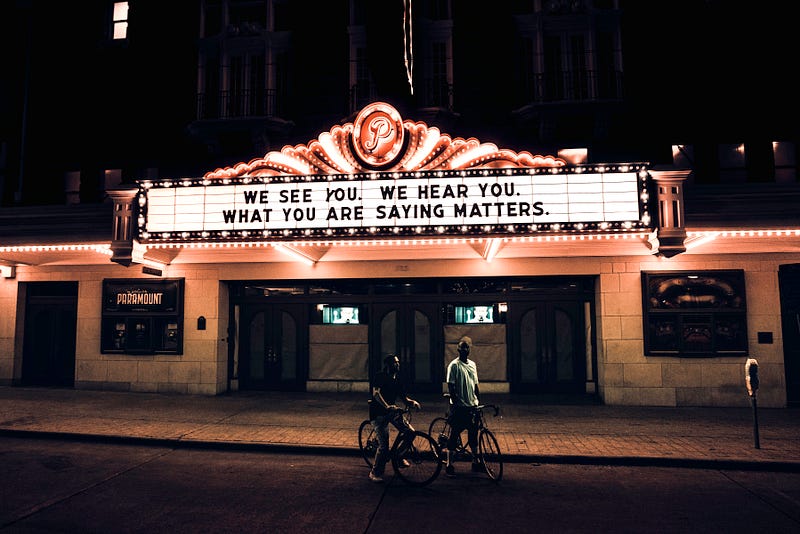Cultivating an Open Mindset for Enhanced Learning and Success
Written on
Chapter 1: Embracing Undefended Openness
In today's world, our instinct to defend our viewpoints often hinders our ability to absorb new ideas that could enhance our success and contribute to more peaceful interactions, whether on social media or in person.
To illustrate, Gay Hendricks, the acclaimed author of The Big Leap, remarked on Michael Dell, the founder of Dell Computer and a self-made billionaire, noting his remarkable “undefended openness to learning.” This trait is increasingly uncommon among high-ranking executives, who frequently become defensive when their beliefs or actions face scrutiny. Recent events, such as Brexit and the pandemic, have highlighted this tendency among many who believe they are always right and disregard expert opinions.
The remedy doesn't lie solely in becoming better informed through credible sources, although that is certainly important. Instead, it involves fostering a genuine openness to listening to differing viewpoints, allowing us to understand beliefs that conflict with our own and facts we may not be aware of.
Section 1.1: The Impact of Defensiveness
The defensiveness exhibited by individuals often fuels a toxic environment filled with aggressive comments and insults, whether online, within families, or in public spaces. Even when the facts support our stance, a closed-off attitude can prevent meaningful conversations, depriving us of opportunities for productive exchanges.
Subsection 1.1.1: Insights from Film Studies

Photo by LinkedIn Sales Solutions on Unsplash
Reflecting on my time as a graduate student in Film and Television Studies, I recognized a disheartening truth: films that convey important messages often do not reach the audiences that would benefit most from them. People tend to select films that align with their existing beliefs, perpetuating a cycle of defensiveness that limits exposure to potentially enlightening perspectives.

Photo by Charles Fair on Unsplash
By striving to comprehend the perspectives of others, we can discover the language that fosters constructive dialogue. Unfortunately, many of us often fail to listen, passing judgment not only on the ideas being expressed but also on the individuals themselves. Ironically, our lack of openness can tarnish our own character.
Section 1.2: The Challenge of Self-Awareness
Since we all tend to perceive ourselves as correct, we often believe that others should be the ones to listen. This mindset, however, is a clear indication of our own lack of undefended openness to learning. Possessing knowledge and intelligence can sometimes cloud our self-awareness, making us less receptive to alternative viewpoints. To achieve success and enjoy more harmonious relationships, we must be willing to entertain diverse perspectives.

Photo by krakenimages on Unsplash
How can we gauge our openness to differing opinions if we're not self-aware? Be mindful of feelings of impatience or irritability, which may manifest as sarcastic or cynical remarks. A sense of superiority or “knowing better” can severely hinder our ability to listen effectively.
“Listen with curiosity. Speak with honesty. Act with integrity. The greatest problem with communication is we don’t listen to understand. We listen to reply. When we listen with curiosity, we don’t listen with the intent to reply. We listen for what’s behind the words.”
? Roy T. Bennett, The Light in the Heart
Chapter 2: The Path to Open Dialogue
This video titled "What's the Secret to Unleashing Your Success Potential?" discusses the importance of maintaining an open mindset for personal and professional growth, emphasizing the transformative power of receptivity in achieving success.
In this video, "Evan Carmichael's Top 10 Rules for Success," viewers are guided through essential principles that foster resilience, adaptability, and openness, crucial for navigating challenges and achieving lasting success.